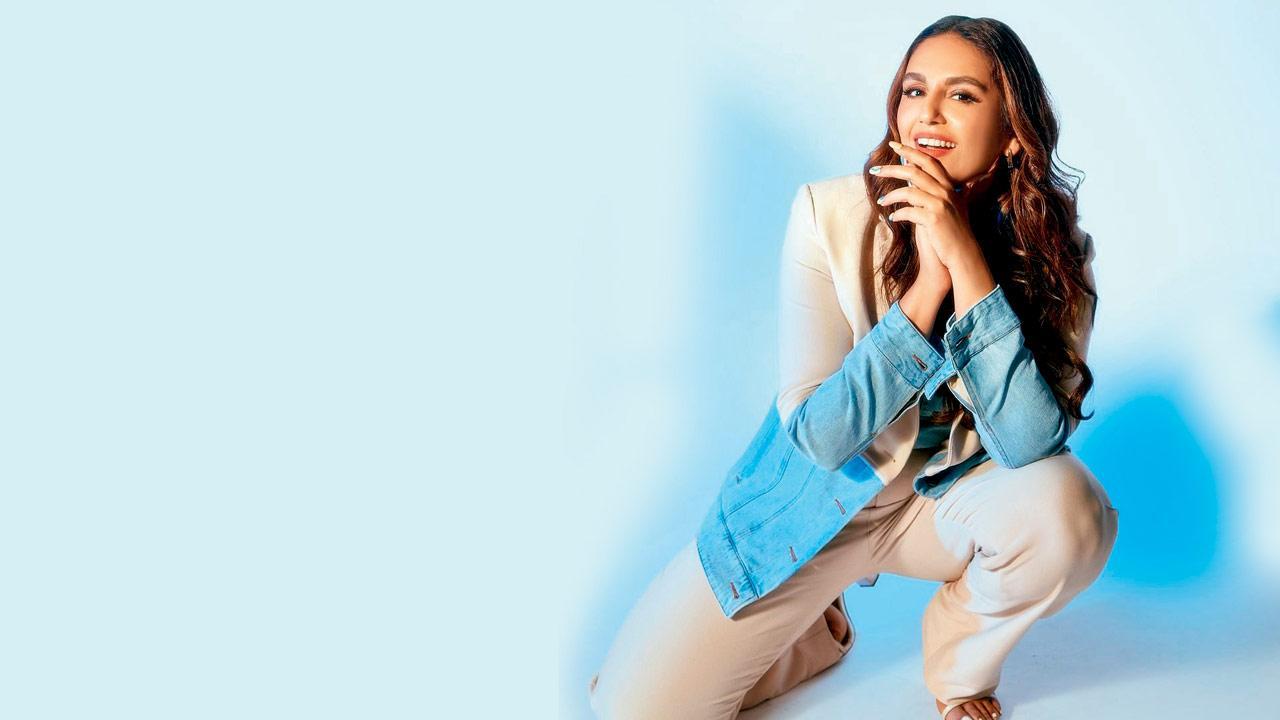Be it reworking a dialogue in Mithya to assert a woman’s individuality or rejecting a film that depicted her as a damsel in distress, Huma Qureshi on ensuring her roles always have agency

Huma Qureshi
A sports presenter in Double XL (2022), a politician in Maharani, and a chef in Tarla (2023). Glance through Huma Qureshi’s recent work and you’ll notice that her characters’ professions are at the centre of the stories. It stands true for her upcoming projects too. While in Gulabi, she plays a rickshaw driver, she is a detective in director Bikas Mishra’s thriller Bayaan. “I fight for my characters to have identity, I demand it,” she says when we mention this to her.
ADVERTISEMENT
Portraying a role that is designed to further the male protagonist’s track is of little interest to her. Instead, Qureshi will consciously pick characters whose lives are separate from the men in the stories. A case in point being Mithya, in which she essays a professor. “It’s a conscious choice. For instance, in the first season, my character has a months-old son and she has written a book. In a scene, she is supposed to deliver a speech about the book. The lines that came to me made me upset. [They conveyed] how happy she is that she has written this book for her son. I told the writer, ‘If a man wrote this book, he would not attribute it to his children; he’d talk about what the book meant to him. But the moment you have even a month-old baby, everything becomes about the child for a woman. That’s the lens we put on women all the time. I resent that.’ The writer agreed it was a collective mistake and should be rectified.”
As she awaits the second season of the ZEE5 series, the actor says that while choosing projects, her criteria are clear. To her, screen time doesn’t matter. “I always look for parts that have agency. Length doesn’t matter.” Qureshi has applied this mantra throughout her 12-year career. So much so that she turned down an opportunity to work with a filmmaker she admired, as the female character in the movie was depicted as a damsel in distress. She recounts, “This film was with a big star. But there was a scene where the goons are beating up the hero, while I am crying and asking them to spare him. I told the director, ‘I want to work with you and the hero. But this is bad casting! If I’m in that scene, I will dole out one or two punches to the goons.’ The director laughed and said we’ll work on something else.’”
 Subscribe today by clicking the link and stay updated with the latest news!" Click here!
Subscribe today by clicking the link and stay updated with the latest news!" Click here!







